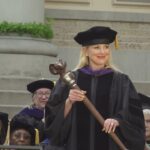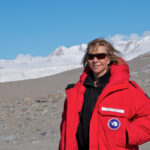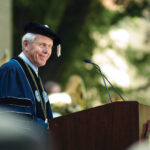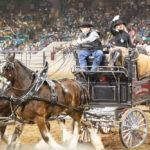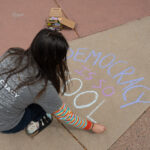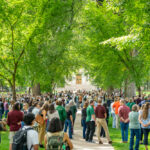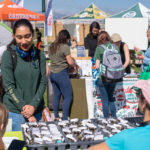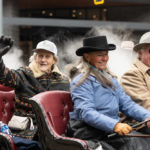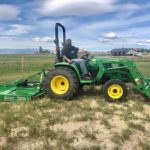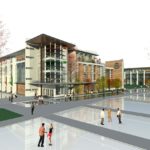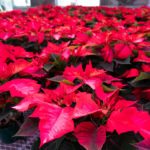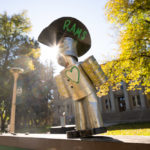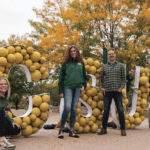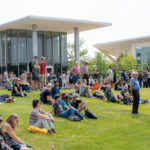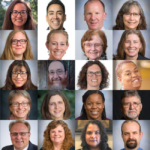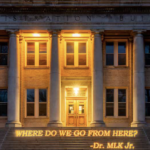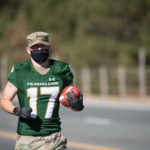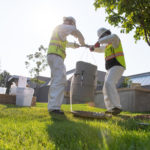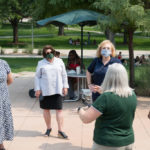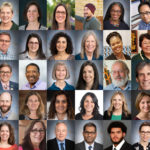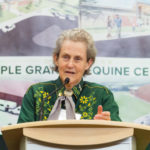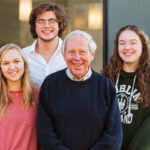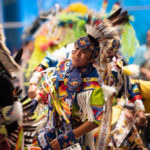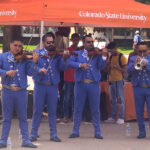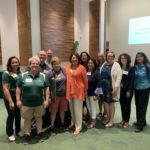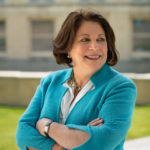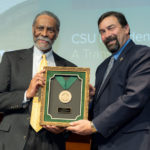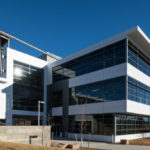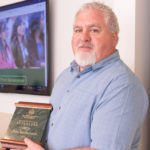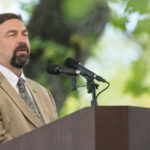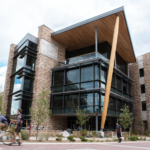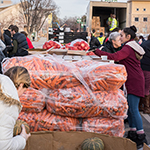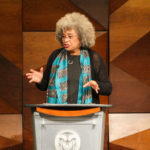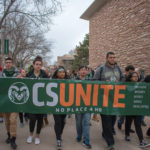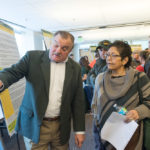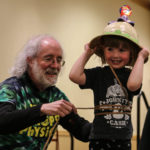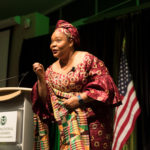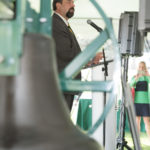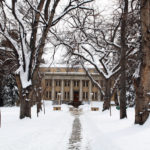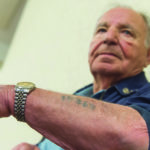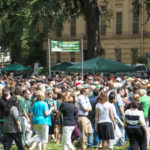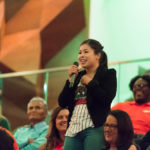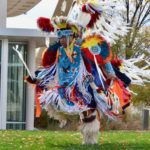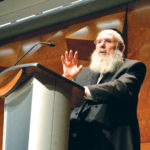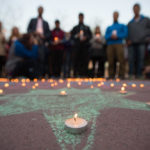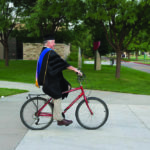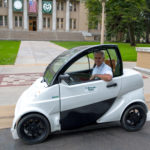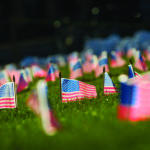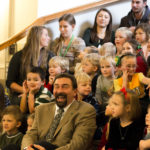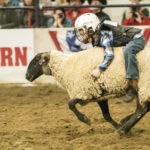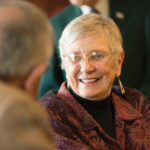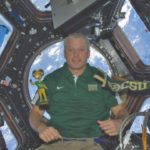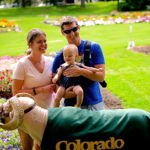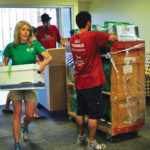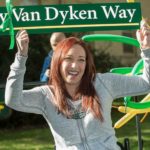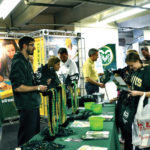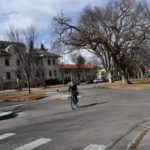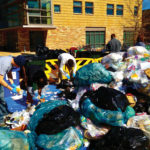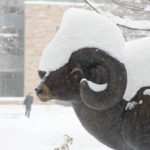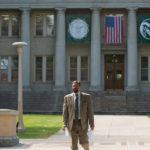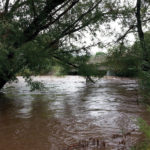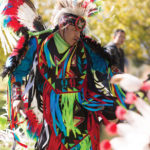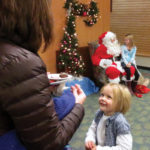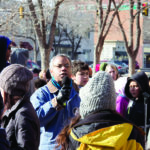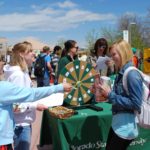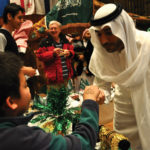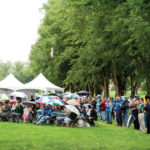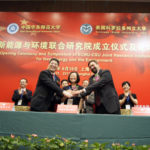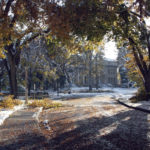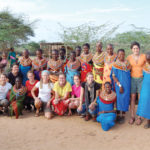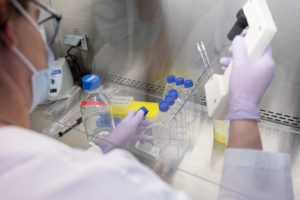
In the past few months, the need to wear gloves, face masks and safety glasses has taken on a whole new meaning. The current COVID-19 pandemic has brought personal safety to the forefront, and now, it’s not just researchers or medical professionals commonly seen wearing personal protective equipment.
A year ago — when stay-at-home orders were something many of us had never even heard of — a unique safety culture program was created at Colorado State University. Since then, the Research Safety Culture Program has developed quickly to enhance the safety of everyone in CSU’s research community and is looking ahead to another year of progress, despite the current disruption in research activities.
The RSCP, led by Anthony Appleton, works on many fronts to find potential risks researchers face in the lab or in the field, both physically and mentally, and seeks to promote a culture of safety in which those risks are significantly decreased.
“My primary goal is to get researchers home to their loved ones: human, canine, feline, or otherwise,” Appleton said. “We all need to find our own reason to stay safe. I think this type of mindset will ultimately keep a person performing their research in as safe a manner as possible.”
While a chemistry researcher at Stanford, Appleton became a member of the Task Force for Advancing the Culture of Laboratory Safety. The task force allowed him to develop ways to lessen the inherent risks that came with chemistry research. This experience has since helped Appleton launch the RSCP at CSU.
A primary focus for the RSCP has been to change the way researchers think about safety. Matthew Shores, professor and chair of the Department of Chemistry, said he has seen a shift in how researchers talk about safety, less in terms of compliance and more toward an attitude of understanding and education.
“For example, our departmental safety committee meetings now feature presentations and discussions on near-misses in the laboratory, so that we can all learn from the experiences of our students and colleagues,” Shores said.
The start of something new
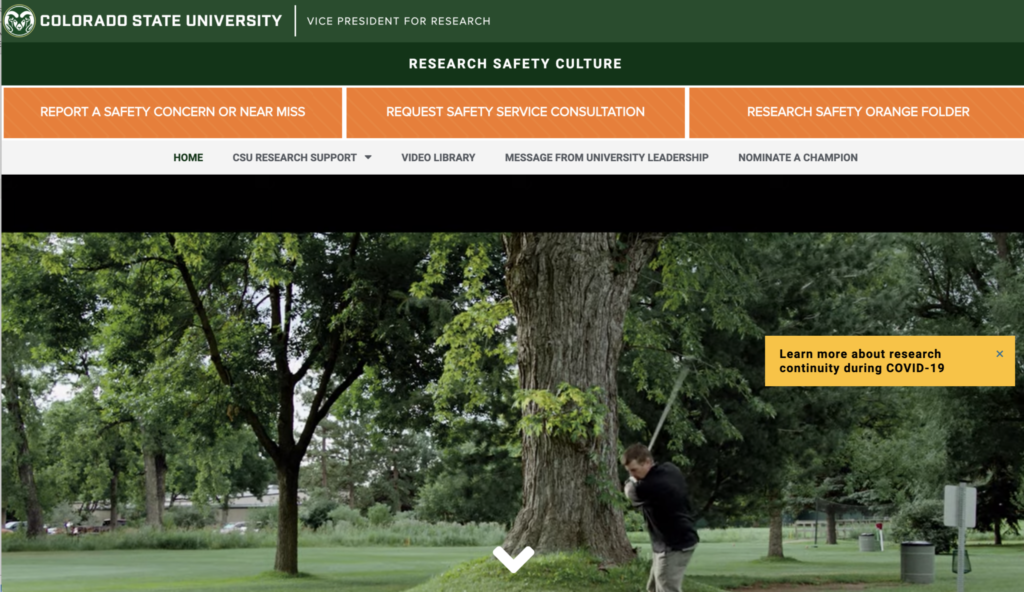
One of the first steps to growing the RSCP was to develop a new website, intended to be a “one-stop shop” for researchers to discover resources, report safety concerns and meet their colleagues in research safety and administration.
“We wanted to make it easy for researchers to find what they’re looking for,” Appleton said. “The website doesn’t replace mechanisms researchers are already familiar with, but is there to help when they’re not sure where to turn.”
This program is meant to benefit the entire CSU research community. Sometimes that help starts with an open conversation about needs and concerns as well as the goals of an individual researcher or research project.
“Anyone at CSU can request a safety service consultation, which is a free service provided by the Research Safety Culture Program,” Appleton explained. “I appreciate speaking with researchers, finding out what they’re trying to accomplish, and then taking steps to make it happen as safely as possible.”
Lise Youngblade, dean of the College of Health and Human Sciences, values the fact that research isn’t limited, but rather enhanced, through safety.
“Anthony found a way to ‘get to yes,’ so our PIs and researchers could do the work they wanted in as safe a manner as possible for everyone involved,” Youngblade said. “This new program reduces PI burden by forming relationships across the CSU research enterprise.”
Good things come in orange
One of the first things visitors to the new website will find is a link to the Research Safety Orange Folder. Here, researchers can find on-boarding training guides, information on safety reporting and contact information for a comprehensive list of personnel able to assist with any research=related concern.
Ellen Brennan-Pierce, an instructor, researcher and lab manager in the Walter Scott, Jr. College of Engineering, used the orange folder to introduce new researchers to available resources.
“With the Orange Folder, new personnel are immediately connected with relevant people, information and training,” Brennan-Pierce said. “This resource also signals the university’s commitment to safety as soon as the new personnel join the CSU community.”
It’s all about relationships
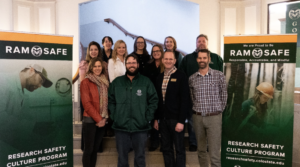 The world of research has more than its fair share of paperwork, processes and systems to navigate, but at CSU there are people available to help every step of the way.
The world of research has more than its fair share of paperwork, processes and systems to navigate, but at CSU there are people available to help every step of the way.
This includes Manager of Research Operations at the Human Performance Clinical Research Laboratory Laurie Biela. Along with supporting researchers, Biela also appreciates that the RSCP supports and acknowledges the large amount of work being done in research administration.
“Where our commitment to research safety largely goes un-noticed, Appleton promoted what we have done to help others enhance or even build their safety programs,” Biela said.
The Research Safety Culture Program also features a new video library, allowing researchers to find answers to their questions and put a face to the support staff they have available to them.
For Appleton, the RSCP isn’t about what he or his colleagues can teach researchers, it’s about what they can learn from the research community to better understand their needs.
With the confidence that research operations will be able to return to normal after the COVID-19 pandemic eases, safety will undoubtedly continue to be a priority for the University. Currently, the RSCP is working on an informational guide to help CSU researchers safely get their labs and other research activities back up and running after the shutdown.
Learn more
For questions or recommendations on the future of the RSCP, visit research.colostate.edu/research-safety-culture
